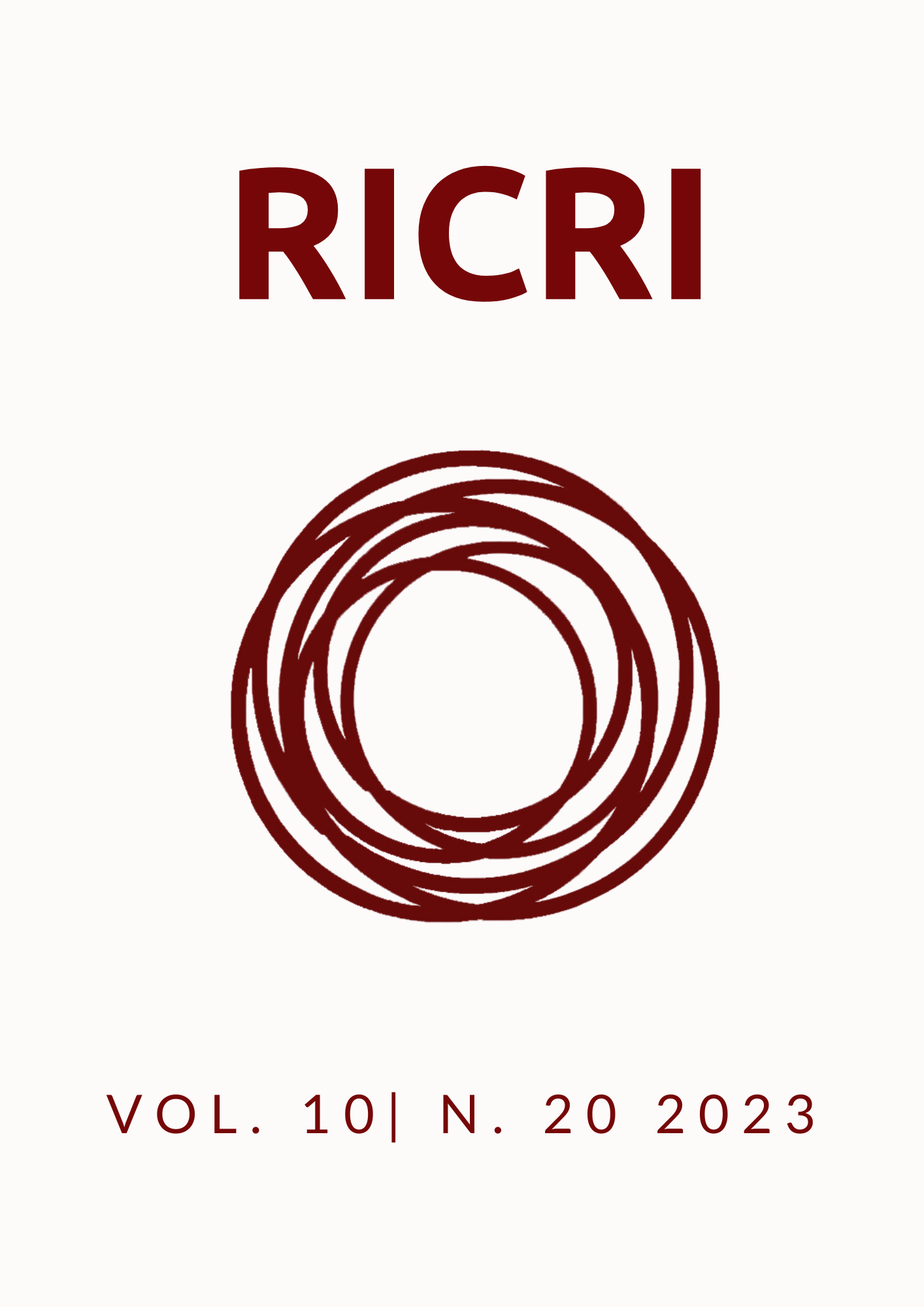As relações exteriores nos tempos faraônicos
Uma análise do Tratado de Kadesh (1300-1275 a. C.)
DOI:
https://doi.org/10.22478/ufpb.2318-9452.2023v10n20.66079Abstract
This article brings a presentation on how international relations worked in Ancient Egypt, amid the government of Pharaoh Ramses II and the Amarnian System. The objective of the study is based on identifying in the Treaty of Kadesh the debut of a conventional system of treaties never before established. From the analysis of the aforementioned treaty, its effectiveness was revealed in terms of the consolidation of diplomatic relations between Egypt and Hatti, the two previously enemy states. In its methodology, it is a bibliographic review of the main articles, works and theses that approach the theme and of a qualitative nature. This research seeks to answer the following question: Is it possible to find in the Treaty of Kadesh the principle of international relations and International Law? At the end of the research, it was concluded that the Treaty of Kadesh started a conventional system of treaties already in antiquity, and that its clauses are extremely important in the evolution of Public International Law. In short, it was observed that there is an incipient neglect in the classical literature, regarding the importance of ancient treaties for the literature of International Law and the History of International Relations.
Downloads
Published
How to Cite
Issue
Section
License
Copyright (c) 2023 Journal of Scientific Initiation on International Relations

This work is licensed under a Creative Commons Attribution-NonCommercial 4.0 International License.
Authors who publish with this journal agree to the following terms:
a. Authors retain copyright and grant the journal right of first publication with the work simultaneously licensed under a Creative Commons Attribution License that allows for sharing of work with acknowledgment of its initial publication in this journal.
b. Authors are able to take on additional contracts separately for non-exclusive distribution of the version of the work published in this journal (e.g., post it to an institutional repository or as a book), with an acknowledgment of its initial publication in this journal.
c. Authors are permitted and encouraged to post their work online ( eg, in institutional repositories or on their website) at any point before or during the submission process, as it can lead to productive exchanges , as well as increase the impact and citation of published work ( See the Effect of Open Access).




